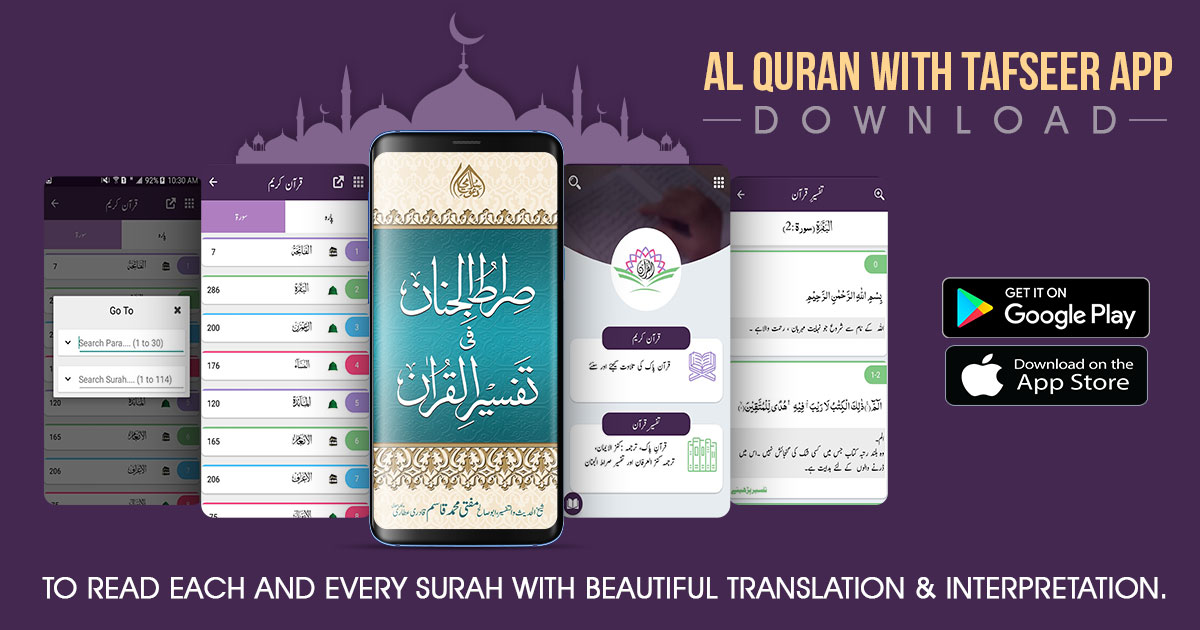
Communication between Allah and His Servant
The Quran is the highest form of Arabic literature that has portrayed the message of Allah in the most beautiful way. No book on this earth can compete with the Holy Quran in terms of its literature and choice of words. Reading the Quran with understanding is what most people ignore, and that is one reason we failed to understand the divine message of Almighty god.
Surah Al Fatiha has a significant weight in the Holy Quran. It is the opening surah that contains the praises of God and the other half contains a beautiful DUA (prayer) that we repeat 5 times a day. No prayer can be offered without the recitation of the Al-Fatiha.
In order to understand the virtue of Surah-Al-Fatiha, there are a number of Prophet’s (PBUH) saying that enlighten the importance of this Surah.

This hadith has been narrated from the close companion of the Holy Prophet (PBUH) ‘Abu Hurairah’ who said that the messenger of Allah said:
When we say “الحمد لله رب العلمين” (All praises and thanks to Allah, the Lord of the universe), Allah says “My servant has praised me”
On saying “الرحمن الرحيم” (the most merciful, the most beneficent), Allah says “My servant has extolled me”
Upon saying “ملك يوم الدين” (The master of the Day of Judgment), Allah says “My Servant has glorified me”
When we recite “اياك نعبد واياك نستعين“(You alone we worship, your aid alone do we seek), Allah says “This is between me and my servant and my servant shall have what he has requested”
Lastly, when we recite “صراط الذين انعمت عليهم غير المغضوب عليهم ولا الضالين “(Guide us to the righteous path, the path of those who have been blessed and favored, not of those who have incurred your wrath, and neither of those who have gone astray), Allah says “This is for my servant and my servant shall have what he has asked for” (Sahih Muslim)
This is indeed a wonderful communication between a man and his God that is enlisted in the Holy Quran. This is the reason why Surah Al-Fatiha is called as the best Dua in the Holy Quran as it covers all the essential prayers.
If we shed further light into this surah, we come to know that we are acknowledging the fact that we will not obey or pray for anyone besides Allah. As when we say:
“ اياك نعبد واياك نستعين“
(It is You alone we worship, You alone we ask for help)
Here, man is promising to God that he doesn’t obey anyone besides Allah. Only Allah is worthy of praise and no one can be of any help except Allah. In every bit of our life, we should only ask Allah for help in our day to day dealings and should have a firm belief that only with his help; we can succeed.
In today's life, this Ayah has a broader meaning. We expect more from people than from Allah. We think that people can solve our problems or help us; however, it is only Allah who helps. Either it is depression, anxiety, feeling of depriving, income problems or any sort of problem; it is only Allah who can help us get rid of them.
But if we worship any other besides Allah, it would be considered as a clear violation of the promise we made in Al-Fatiha.
Similarly, when we pray Allah to guide us to the straight path by saying “, we are asking his favor to show us the path of those who obeyed and succeeded. Here the straight path is ‘Islam’ that was practiced by the Holy Prophet Muhammad (PBUH) and his beloved companions. Therefore, let no one fool you that there is any other way to success.
The communication between Allah and his Servant in Surah Al-Fatiha is described in its finest way. This is why some scholars have stated this surah to be the summary of the Holy Quran.
